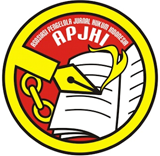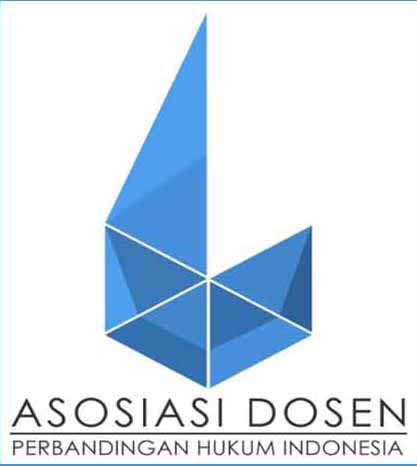The publication of an article in a peer-reviewed journal reflects the work quality of its author(s) with his/her or their pertaining institution(s). Therefore, it is important for a peer-reviewed journal to have an ethical standard for all parties involved in the act of publishing: the author(s), the journal editors, the peer reviewers, and the publisher. JURNAL MEDIA HUKUM (JMH) is committed to ensuring that advertising, reprint, and/or other commercial revenues have no impact nor influence editorial decisions. In addition, JURNAL MEDIA HUKUM (JMH) will assist in communications with other journals and/or publishers should this be necessary to the editors.
Duties of the editors
The JMH’s editors are responsible for deciding as to which of the articles submitted should be reviewed and published. The validation of the work in question and its importance to researchers and readers must always drive such a decision. The editor-in-chief must seriously prevent libel, copyright infringement, and plagiarism. An editor should evaluate manuscripts for their intellectual contents without regard to race, gender, sexual orientation, religious belief, ethnic origin, citizenship, or political philosophy of the author(s).
Editors and any editorial staff must not disclose any information on a submitted manuscript to anyone other than the corresponding author(s), reviewers, potential reviewers, other editorial advisors, and the publisher, as appropriate. Unpublished materials disclosed in a submitted manuscript must not be used in an editor's own research without a written consent of the author(s). Privileged information or ideas obtained through a peer review must be kept confidential and not used for personal advantages.
Editors should recuse themselves from considering manuscripts in which they have conflicts of interest. Editors should require all contributors to disclose relevant competing interests and publish corrections if competing interests are revealed after publication. An editor should take reasonably responsive measures when ethical complaints have been presented concerning a submitted manuscript or published paper, in conjunction with the publisher (or society). Every reported act of unethical publishing behavior must be looked into, even if it is discovered years after publication.






















